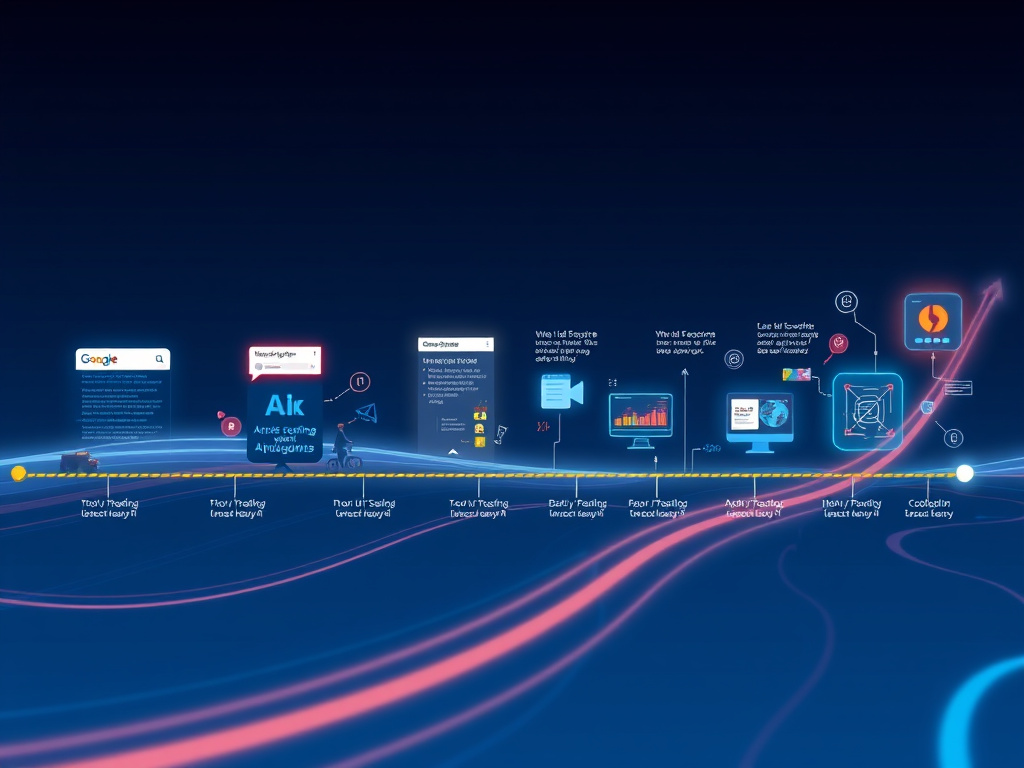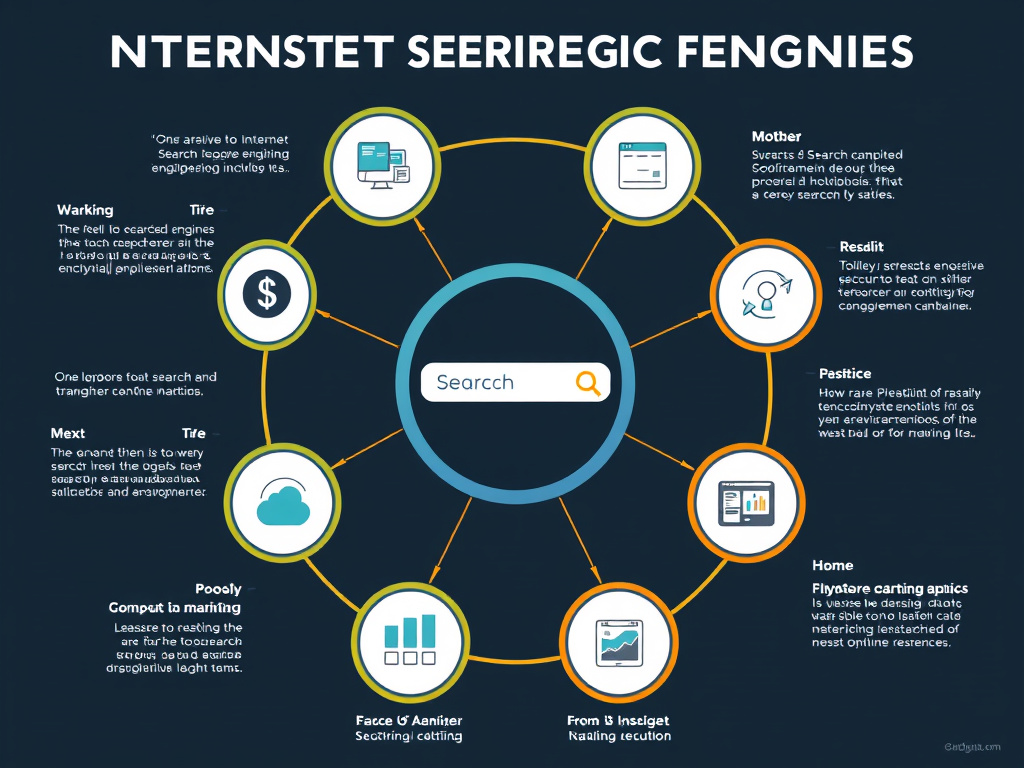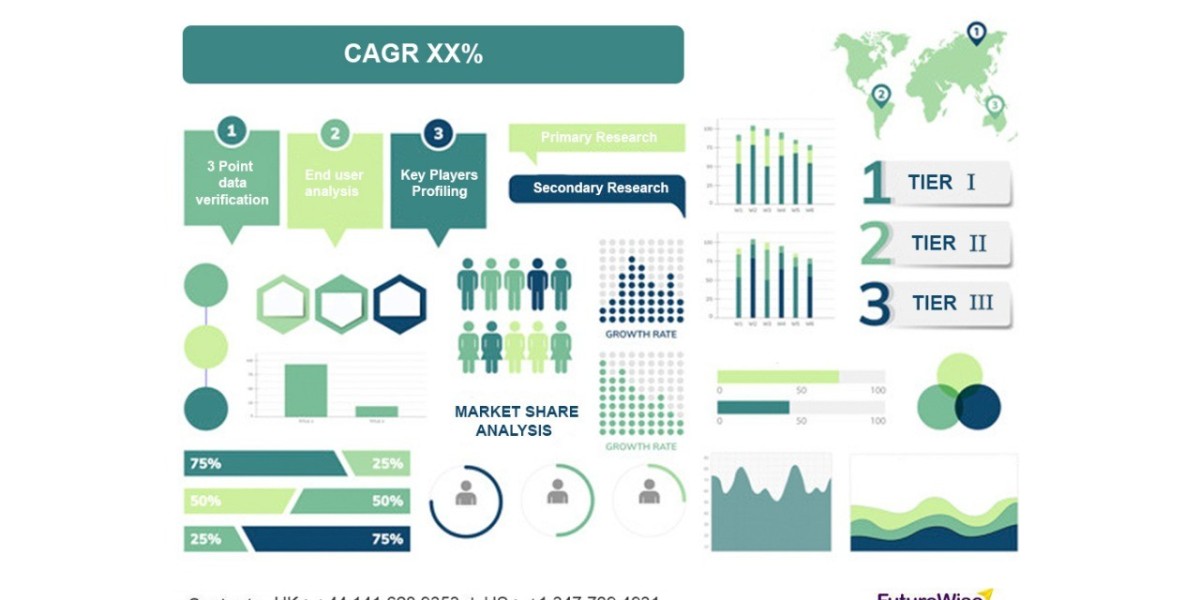In today’s digital age, internet search engines have become the cornerstone of our daily information retrieval. From finding a quick recipe to conducting extensive research, these tools shape how we access knowledge. As someone who has navigated the web for years, I find myself continually fascinated by the complexity and evolution of search engines. They are much more than simple query handlers; they are sophisticated systems that blend technology, psychology, and data science to deliver relevant results.
In this article, I aim to delve deep into the intricate world of internet search engines, exploring their technological backbone, their influence on information dissemination, and how they continue to evolve in response to our changing needs.
The Evolution of Internet Search Engines
From Basic Directories to Intelligent Systems
Initially, internet search engines were rudimentary directories, such as Yahoo! Directory, which organized websites manually. The advent of algorithms like Google’s PageRank revolutionized this landscape, enabling automated, scalable, and highly relevant search results.
Today, search engines employ complex algorithms that analyze billions of data points, including user behavior, content relevance, and site authority, to rank results. Their evolution reflects a shift from simple keyword matching to understanding context, intent, and even user sentiment.

How Do Internet Search Engines Work?
The Core Components
Understanding the inner workings of search engines reveals a blend of multiple sophisticated processes:
| Component | Function |
|---|---|
| Crawling | Discovering new and updated web pages using bots or spiders. |
| Indexing | Organizing and storing data from crawled pages for quick retrieval. |
| Ranking Algorithms | Determining the order of search results based on relevance and authority. |
| Query Processing | Interpreting user input to match with indexed data efficiently. |
In essence, search engines perform a complex dance of discovering, analyzing, and ranking web content to deliver the most pertinent results.
"Search engines are not just about finding information—they are about understanding what the user truly seeks."

The Impact of Search Engines on Information Accessibility
Democratizing Knowledge
One of the most profound effects of internet search engines is how they democratize access to information. Whether you're in a bustling city or a remote village, the ability to access vast repositories of knowledge is unprecedented.
Shaping Public Discourse
Search engines influence what information becomes visible and, consequently, what shapes public discourse. Their algorithms can prioritize certain viewpoints, sometimes unintentionally leading to echo chambers or misinformation.
Key Point: Search engines wield immense power—not just as tools, but as gatekeepers of information.

The Challenges and Ethical Considerations
Algorithm Bias Misinformation
Despite their sophistication, search engines are susceptible to bias, manipulation, and the spread of misinformation. Techniques like SEO manipulation can skew results, impacting public perception.
Privacy Concerns
The collection of user data for personalization raises privacy issues. Striking a balance between personalized results and user privacy remains a challenge.
Bolded Statement:
"The responsibility of ethical stewardship falls on search engine developers and regulators alike."

The Future of Internet Search Engines
AI and Natural Language Processing (NLP)
Emerging technologies, especially AI and NLP, are transforming search capabilities. Context-aware searches, voice assistants, and predictive results are becoming the new norm.
Personalization and Semantic Search
Future search engines will better understand user intent, offering highly personalized and semantically relevant results. This evolution aims to make information retrieval more intuitive and human-like.
| Future Trends | Implications |
|---|---|
| AI-driven personalization | Enhanced user experience |
| Voice and visual search | Multimodal interactions |
| Ethical AI development | Trust and transparency |
In conclusion, the trajectory of internet search engines is toward more intelligent, ethical, and user-centric systems.
Key Takeaways
- Internet search engines have evolved from simple directories to sophisticated AI-driven systems.
- They rely on components like crawling, indexing, and ranking algorithms to deliver relevant results.
- These platforms significantly impact information accessibility and public discourse.
- Challenges include algorithm bias, misinformation, and privacy concerns.
- The future promises advancements driven by AI, NLP, and personalized experiences.
Frequently Asked Questions (FAQs)
1. How do internet search engines determine the relevance of results?
They use complex algorithms that analyze factors like keyword match, page authority, user engagement, and contextual understanding to rank results.
2. Can search engines be biased?
Yes, due to algorithm design, data sources, and SEO practices, search results can reflect biases, which is an ongoing concern for transparency and fairness.
3. What is the role of AI in the future of search engines?
AI enhances understanding of natural language, user intent, and context, making search results more accurate, personalized, and human-like.
4. How can I improve my website's visibility on search engines?
By optimizing content for relevant keywords, ensuring high-quality backlinks, and adhering to SEO best practices, you can improve your site's ranking.
Conclusion
As I reflect on the intricate world of internet search engines, I am continually amazed by their evolution and profound influence. They are not just tools but complex systems that shape how we access, interpret, and share information. Understanding their mechanics, challenges, and future directions empowers us to navigate the digital landscape more effectively and ethically.
Whether you’re a casual user or a digital strategist, appreciating the depth of these systems can enhance how you utilize them. As search engines continue to evolve, staying informed and mindful of their impact is more important than ever.
Embark on your journey of understanding search engines—because in the realm of information, knowledge is power.


